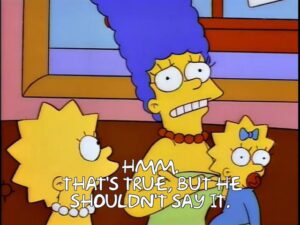
One of the things that happens frequently in family therapy is that a person or group of family members will accuse the other person or group of family therapy of being mean or hateful. Most of the time if someone is abusive or intentionally hurtful they won’t deny ill intentions. Put simply, someone who has meant to be mean will usually admit that. Other times one side denies intentionally trying to hurt the person accusing them of trying to cause harm.
When this happens I usually draw a line down a piece of paper and have each side write down what they remember was said. On one side of the paper will be an objective statement. These statements might include something like you drank too much and yelled at me or you spent more money than you said you would. On the other side will be a subjective and usually judgemental one. These statements might include something like you said I am obnoxious or you said I am stupid and can’t do math. These statements refer to the same events but each party hears two different things.
When we don’t want to grow or change then we view others asking us to change behavior as an attack not an objective statement of reality. When someone points out that I went over budget it is easier for me to feel like they are in the wrong for making me feel stupid accepting that I could change my behavior or learn new things. When I get drunk it is easier to think that someone is judging me than to admit a mistake.
I tell clients often in psychotherapy that avoiding conflict does not make them a good person. Often it turns us into enablers of bad behavior and makes us contributors to the problematic state of the world. One of the ways that we do this is by pretending that the truth is always in the middle of each conflict and that all perspectives are equally valid. This is avoidance, because holding the authority to judge one side versus another makes us feel icky or judgy. We want life to be a children’s movie where all conflict is a misunderstanding between benevolent parties. That isn’t life. Sometimes people do, say and believe things that are just wrong. Each person could have a valuable perspective and could make a unique contribution to our collective reality. Operative word here is could. Not everyone chooses to.
Any person’s validity of perspective is predicated on that person’s ability to be honest with themselves. How can I be honest with anyone if I can’t even look in the mirror? If you cannot be honest with yourself or accept objective reality about something then every word you say about that thing is a lie. It does not matter whether or not you mean it to be a lie or even if you know that you are lying. To pretend that unconscious or unintentional dishonesty is a perspective that deserves our consideration is an absurd proposition. Yet, most people still do this just so they don’t have to feel mean!
I am not advocating for you to pass self righteous judgment or throw out discernment and humility. The opposite of truth is not lies but certainty. Judgment is unhealthy when it comes from an unresolved superiority complex. Judgment is a part of mature adulthood when we allow our intuition to tell us that some things are simply wrong no matter how widely accepted or traditional they are. Moral certainty is one of the first stones on the path to fanaticism but moral clarity is an essential ingredient to mental health. We can never wield judgment, or discernment, as a tool that helps us make healthy decisions and avoid destructive paths if we get overwhelmed by guilt everytime we start to notice that others are behaving badly.
Many times when we talk about psychology, politics, religion or family honestly and openly it makes people feel icky or guilty. This is because most people do not want to know what they think in these arenas or don’t want to accept what they already know. Psychologist Carl Jung calls this the shadow. The slippery half truths we tell ourselves to not have to accept the whole truth that always walks behind us. Often this is because of trauma. We don’t want to hurt others by criticizing them because we were hurt as children. It is easier to believe everything is our fault or enable bad behavior by refusing to point out unhealthy and self destructive tendencies.
If we are afraid of judgment we think we can avoid it but instead our avoidance causes more problems. Instead of having frank conversations about where our beliefs diverge from others we try to control them through praise. Telling someone that we like them because they do certain things is still judgment. Criticism cloaked in praise is still a form of control and manipulation. “I love you because you make good grades” is no different from “I won’t love you if you make bad grades”.
Other times unconscious fear of holding authority or passing judgment blinds us to the judgments we do hold and pass. Many people are unaware that they hold judgments because they have identified with them for so long. Some individuals who grew up in judgmental families may not even realize that they are constantly passively criticizing others. That is because the places where we were taught to criticize ourselves and others often hid an unhealed and unacknowledged pain from childhood. The things or people we judge intensely have the potential to become important teachers once we learn to work with our judgments.
When we have unconscious biases we often cannot see them and can’t apply our values consistently until we do. We apply values in the abstract but ignore our values when we are looking friends, family or patients in the eye. Maybe this avoidance is worse in the “bless her heart” American South, where I live, but it seems there is something very old and very human about it too. It seems that many people who are afraid to grow and change will accuse others of being hateful, judgmental, or mean for pointing out reality to them. They do this because they do not want anyone to point out their own hidden mistakes and insecurities. Remember, fear of judgment always comes from an unresolved wound. When you hold authority comfortably people with this unconscious wound will always react negatively to you. They would rather have their faults ignored and enabled.
When you tell someone how their behavior affected you in family therapy you will often hear things like well, you must think you are perfect if you are going to point out something honest and true about me!. Trying to avoid judgment of others is not a virtue, it is a sin. We owe it to ourselves and others not to carry water for bad behavior and self destructive patterns. Loving others is giving them what they need, not what they want. What we need is not always a gift we want right now. It is our job to give honesty as a gift and others to pen the gift if they want. If someone does not want your constructive criticism then don’t offer it, but don’t cut them slack in your own head or insist that others cut slack for them.
My critique in this article is a little bit about what we do, but much more about the way we think. Most of us are afraid of being judgmental, but when you give up your right to judgment then you give up your integrity with it. You have a responsibility to discern and apply your own moral authority to your life as an adult. Not what is traditional, not what you were taught, but the things that you have learned are actually effective. You cannot function as an adult without this ability. If you cannot ask yourself is the world and myself better off for this decision with clarity comfortably then you are avoiding part of mature adulthood and part of yourself. Avoidance is not mature. Ignoring these realities leaves you neurotically reliving childhood.
I will admit that healthy and unhealthy behavior can look the same from the outside. Some people criticize others just to deflect judgment off their own flaws. This is an example of that person avoiding admitting the things it is their job to change and grow through. To others the same criticism may be a good faith attempt to offer someone constructive criticism on where they hurt others needlessly and diverge from their stated values in practice. This is often hard to tell a part in ourselves and others. Therapy was very beneficial to me in my ability to do this for myself.
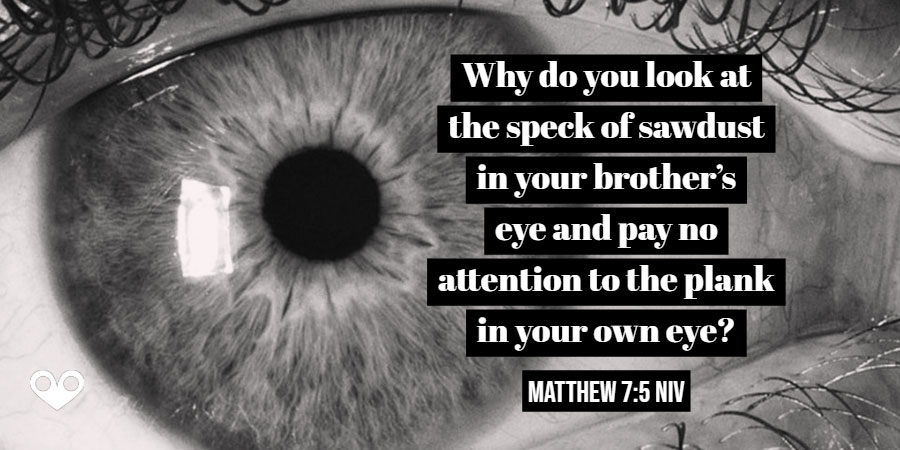
Alfred Adler said that all problems in mental health come from someone not wanting to do one of two things.
- Help other people
- Wait till they ask for the help.
This article is not defending your right to punish or antagonize. Other people’s decisions are theirs and not for you to change or obsess over. Not even your parents, not even your friends. Especially not your patients. Help people. Wait till they ask for the help. This is the first step of the change process. Instead this article is about allowing clarity in our own communication and thinking. Unless someone asks you for help in their moral development and growth then leave them alone. Unless someone asks you for help their decisions and moral dishonesty are not any of your business. You have no right to enforce your morals on the world. Many sessions of therapy with me end when I tell people that I can’t take their symptoms away without asking them to change their behavior. We can’t keep acting the same way and expect to feel different. I let patients decide if they want my help. Whether they get better is not my decision.
Integrity means that the same ethical standards that we have for others we should apply equally for ourselves and vice versa. There should not be different moral standards for people with the same cognitive ability. To be an adult we have to be comfortable passing judgment by applying our moral standards to ourselves and others consistently. That means that we must judge the parts of some people that make us feel icky and bad. Sometimes that icky, bad, guilty feeling will lead you into facing your own trauma in therapy. Where you are afraid to go is where you were hurt before.
That means you have to judge even those we love and would rather make excuses for. Even the parts of loved ones that we would rather not notice. If you can’t discerningly notice where your children or family are failing to grow and be authentic maybe they have become an extension of your own ego in an unhealthy way. If you find yourself saying things like “but she was from a different time…” or “but you don’t understand how…” then this is a good place for you to look at your own avoidance in therapy.
How do we know the whole person honestly without noticing all their parts? Much of adult reality comes down to a simple binary. Would you rather live in denial of reality comfortably or would you rather live honestly even if that causes anxiety. The easy thing to do and the right thing to do are very rarely the same thing. We would all prefer to live in the myopic comfort of childhood where everything that makes us feel bad is bad. Unfortunately that is not reality. Many of the things that feel bad are invitations for you to grow up.
One of the most frequent times that my patients tell me they feel known and loved is when I point out their self deception in a loving way. They feel both seen and known. No one’s flaws mean they are undeserving of being loved. It is that love that invites our friends, family and patients into change. I tell people frequently that we can love others only as much as we love ourselves. The places where parents failed us say nothing about us. More often they are places where our parents stopped growing and refused criticism. They could not heal past that point, and so, could not love parts of us past the blank edge of the map they refused to chart. Parents can’t always come with us or even understand the places we are going but that does not make growing up a bad place to go.
It is perfectly acceptable and adult to admit that there are bad parts of good people. Depth psychology frees us in interpersonal relationships because I don’t have to either “cancel” grandpa at thanksgiving or lie to myself about who parts of what he chose, and still chooses to be. We should examine ourselves and our lives as good decisions that we want to repeat and bad decisions that we don’t want to repeat. A long time ago someone told me “My boyfriend keeps cheating on me and I keep forgiving him. I asked them if they could not forgive their boyfriend and they told me they could not refuse to ignore bad behavior. “That is not forgiveness then” I told them. That is enabling. Forgiveness is always a choice.
We should have grace and forgiveness for our own and others’ mistakes. Judgment should not make you feel like God by proxy. Forgiveness comes after honesty always though. You can’t forgive me for the crime I committed, am still committing, and plan on continuing to commit. That is not how grace works. Continuing to let someone off the hook for behavior they refuse to change might make us feel less “icky” but it also means that we have no integrity. The best predictor of future behavior is past behavior. If I will not admit I have a problem then I likely am not going to change and you are within your rights as an adult to point that out to me.
When people make objective statements about you or other people then that cannot be “mean” or “hateful”. Those statements are either true or false. That is true even when those statements are about patterns or projections from someone’s psychology. One of the places where I see people have the hardest time accepting reality is when people point out, honestly and without judgment, the patterns and preferences with which a friend or family member thinks. The values we identify with say something about us. How could they not?
We don’t pick our theology, philosophy, politics, or beliefs randomly. We do that as a projection of our own psychology and unresolved trauma. You can’t say “well they were raised to” or “told to believe that” to let someone off the hook. We have to be accountable for our own lives and the things we do. If there is an unhealthy unconscious process in someone you love, then you are not being honest if you avoid or ignore it. You are enabling yourself if you attack others that are simply pointing out facts you would rather ignore.
If someone has become an extension of an unhealthy belief system or if their actions become unhealthy because of something they were told to believe, that is still absolutely that person’s fault and responsibility. Whose else would it be? Our actions, beliefs, self image, religious beliefs and even modalities of therapy are projections of our own psychology. How could they not be? We pick them. If you are spinning your tires in the mud trying to justify intellectually something that you don’t want to face emotionally, you are being avoidant and enabling.
If you can’t refute the truth of what someone challenging you is saying, notice where your own emotional self wants to say “yeah, but…”. That is the beginning seed of avoidance that leads us to enable the brokenness of this world. Face this stuff. Watch your own reactions and notice where it is hard for you to not attack others when they state facts. That is where your psychology is still operating like a child’s. If you hear yourself making excuses for someone when someone points out something that is simply true then it is time for that part of you to grow up.
Fighting evil starts with your ability to look into your own eye. Most religious traditions start trying to challenge the ego and then later are co-opted by those that want to enable it. Don’t misuse your own spiritual or philisophical tradition to this end.
In relationship counseling the biggest predictor of success is not the size of the problem. You will see giant problems like drug addiction or serial adultery that a couple heals from. You will also see small problems like avoidance and white lies that end a marriage. The biggest predictor of success is whether or not all parties are willing to accurately label the problem and agree that it should change. When you face your own shame, remember that it is not the size of the error but the elaborateness of the defense mechanism(s) you enable.
Evil is created when we rationalize and avoid labeling bad behavior so we can insulate ourselves from the need to change. We all have the responsibility to change. If someone willfully chooses to make themselves and the world a worse place, be honest about that fact. Defend their soul’s potential but not their behavior and refusal to actualize that potential. If someone tells you not to speak ill of the family or the dead, tell them that you would rather be honest. If not authentic honesty what else do we have?
Maya Angelou was a wise woman. When she said that “When people tell you who they are, believe them” she was talking about challenging your ego and the manners, and traditions that you were told made you noble and good. Where people show you their real values don’t defend them. If anyone defend their own or others bad behavior by misappropriating her second most popular quote: “People don’t remember what you said, they remember how you made them feel” write them off, that is not what it means. If someone consistently thinks what you said is irrelevant, but how they feel is your responsibility, then they have a personality disorder. That was never your fault. Stop quoting Maya Angelou on instagram when you want other people to take responsibility for your emotions. It IS your job to remember and think about the points others make not blame them for how those points make you feel.
I know that trauma plays a part in our beliefs about ourselves and what we do. I know it informs religion, philosophy and taste in culture. I know that there are reasons that people make the choices that they do, but we are the ones responsible for our own life and development. Ultimately our lives are the sum total of our choices. As a friend, as a family member, as a therapist, you are not doing anyone any favors by pretending that that is not the case. Patient’s know that on some level before they come to see you. Ultimately patients will leave if you fail to point that out as a therapist.
People come to therapy for many reasons. Underneath all the choices that we make we are really only making one choice. Do you go into the parts of yourself that you were afraid of? Do you face them and do you grow and change? Faced with that choice directly most people will choose to run. I understand the tragedy of that but that does make that decision or its consequences any less real. Most biographies are a tragedy, but that is not your fault. The only biography you have control over is your own autobiography.
Everyone has the ability to heal and change. You are not doing yourself or others any favors when you make excuses or make an argument that lack of growth is just part of someone’s implicit nature.That’s just how she is. That’s just how I am. No it’s not. That’s just how you or they chose to be and keep choosing to be. If that makes you feel icky to sit with, go to therapy. They could change if they wanted too. You did. You are not doing them any favors by indulging the belief that they can’t change in order to make them feel better. The parts of ourselves that defeat our authentic self should make us feel bad. That anxiety is what propels change if we don’t ignore it or turn it off.
The reason that the people who hurt you did that was because they were afraid to face their own fears. Your only choice is to face your own. When you don’t believe you can change, then constructive criticism is an attack because all intonations of what you could be are a reminder that that is not who you are right now. If this is all I think I can be then all I can take from the most constructive of criticism is that what I am is wrong. It is wrong because I was made to believe that what I am is all I can be. In screen writing they teach that the antagonist cannot change. The protagonist changes and the antagonist gets stuck somewhere on the path to self actualization, attack those that try to advance beyond that point. The antagonist has no possibility of change. When I start to change I can become the protagonist.
For real change to take place the other party has to understand themselves as a series of parts and decisions. Who they authentically are is not bad. Just because my behavior was bad does not mean I am bad. Behavior is a choice I can change. Most people will never know who they are and that is a tragedy. They will never face the parts of self they are afraid of and in avoiding them they will project them on you and me. This lack of self awareness and self discovery is a tragedy that effective therapy, healthy spiritual practices and loving families are seeking to remedy by expecting you to change. If you refuse to change then, yes, you are the bad guy. If someone chooses that, let that be their choice. Let them be the antagonist. They could understand what you were saying if they wanted to understand themselves.
You can absolutely invite people into growth and change in a loving way. Whether someone accepts the invitation is up to them. Their reaction says nothing about you. If you exist authentically with love and honesty anyone’s reaction to that is up to them. If they dislike your honesty it is the same thing as someone yelling at a mountain or a rainstorm. Maybe the weather, terrain or honesty inconveniences someone. That is not your fault so don’t let yourself feel guilty. You are only an advocate on behalf of reality. You will not win every court case. Reality just is what it is and we all must choose how to cope with it. Do your own journey and let others choose if they want to do theirs. Beneath all our choices that are really the only choice we make. Face yourself or die never knowing what you are.
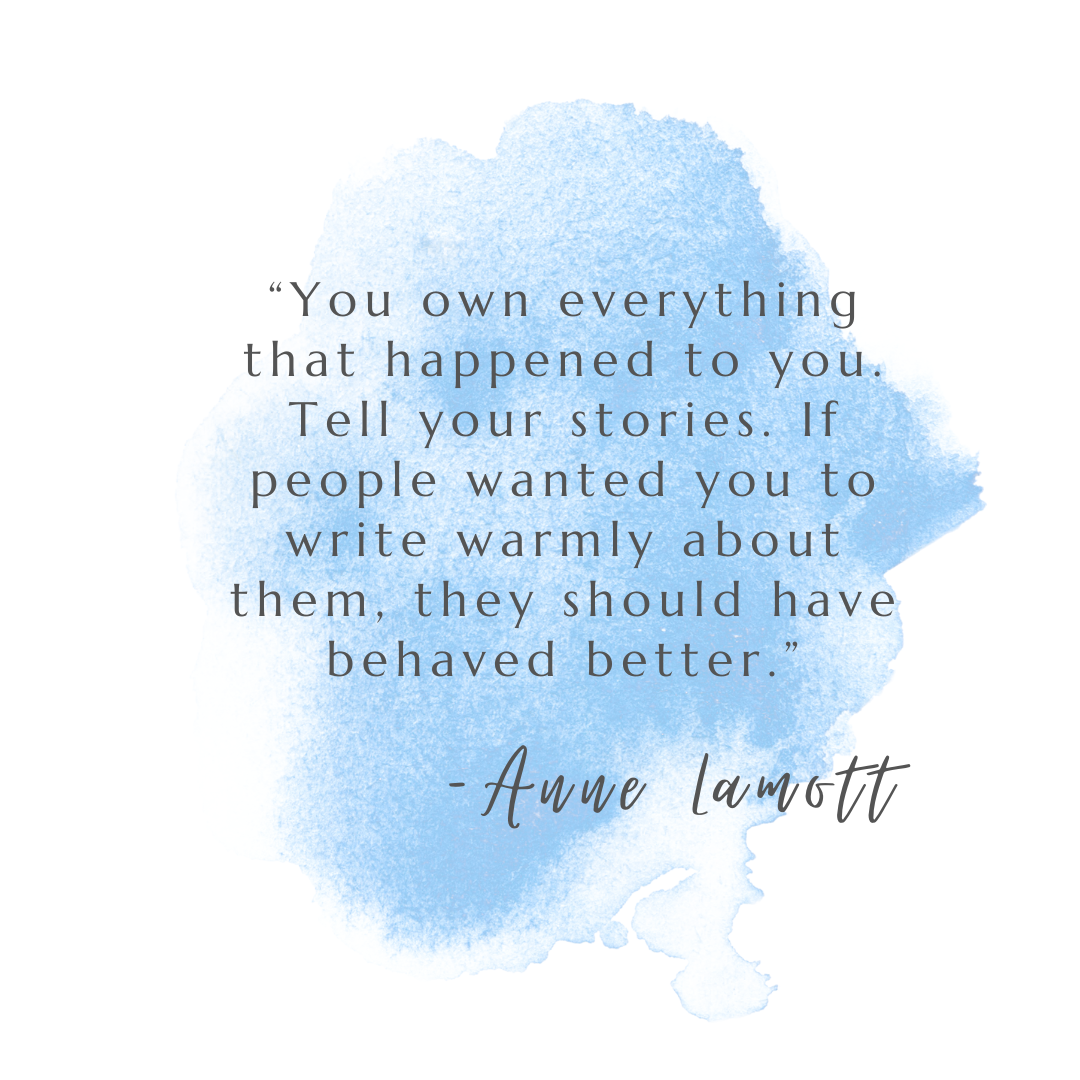
References:
- Cytowic, R. E., & Eagleman, D. M. (2011). Wednesday is indigo blue: Discovering the brain of synesthesia. MIT Press.
- Ramachandran, V. S., & Hubbard, E. M. (2001). Synaesthesia–a window into perception, thought and language. Journal of Consciousness Studies, 8(12), 3-34.
- Ward, J. (2013). Synesthesia. Annual Review of Psychology, 64, 49-75.
- Simner, J., & Hubbard, E. M. (Eds.). (2013). The Oxford handbook of synesthesia. Oxford University Press.
- Smilek, D., Dixon, M. J., Cudahy, C., & Merikle, P. M. (2002). Synesthetic color experiences influence memory. Psychological Science, 13(6), 548-552.
- Rouw, R., & Scholte, H. S. (2007). Increased structural connectivity in grapheme-color synesthesia. Nature Neuroscience, 10(6), 792-797.
- Edinger, E. F. (1972). Ego and archetype: Individuation and the religious function of the psyche. Shambhala Publications.
- Jung, C. G. (1968). The archetypes and the collective unconscious. Princeton University Press.
- Kellog, R. (1970). Analyzing children’s art. National Press Books.
- Baker, J. R. (1967). The peregrine. HarperCollins.
Further Reading:
- Duffy, P. L. (2001). Blue cats and chartreuse kittens: How synesthetes color their worlds. Henry Holt and Company.
- Van Campen, C. (2007). The hidden sense: Synesthesia in art and science. MIT Press.
- Marks, L. E. (1978). The unity of the senses: Interrelations among the modalities. Academic Press.
- Sagiv, N., & Ward, J. (2006). Crossmodal interactions: Lessons from synesthesia. Progress in Brain Research, 155, 259-271.
- Spector, F., & Maurer, D. (2009). Synesthesia: A new approach to understanding the development of perception. Developmental Psychology, 45(1), 175-189.
- Grossenbacher, P. G., & Lovelace, C. T. (2001). Mechanisms of synesthesia: Cognitive and physiological constraints. Trends in Cognitive Sciences, 5(1), 36-41.
- Hubbard, E. M., & Ramachandran, V. S. (2005). Neurocognitive mechanisms of synesthesia. Neuron, 48(3), 509-520.
- Maurer, D., & Mondloch, C. J. (2005). Neonatal synesthesia: A re-evaluation. In L. C. Robertson & N. Sagiv (Eds.), Synesthesia: Perspectives from cognitive neuroscience (pp. 193-213). Oxford University Press.
- Sacks, O. (1995). An anthropologist on Mars: Seven paradoxical tales. Alfred A. Knopf.
- Ramachandran, V. S. (2011). The tell-tale brain: A neuroscientist’s quest for what makes us human. W. W. Norton & Company.





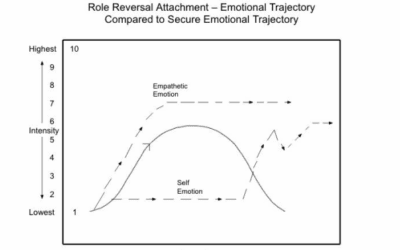

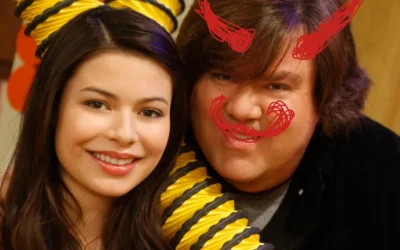






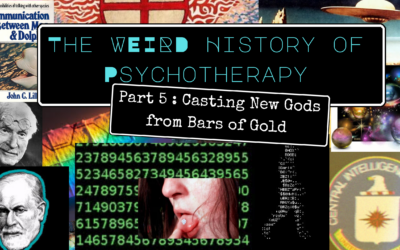
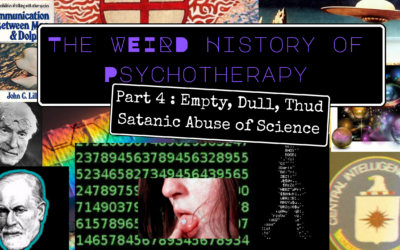
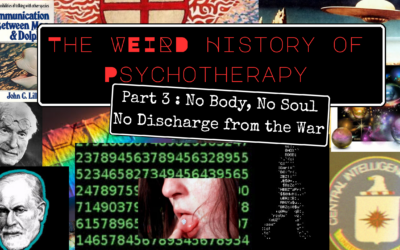
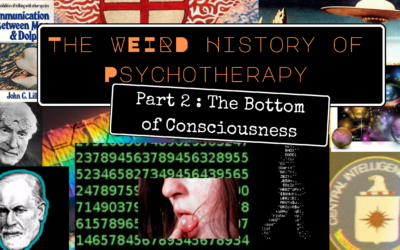

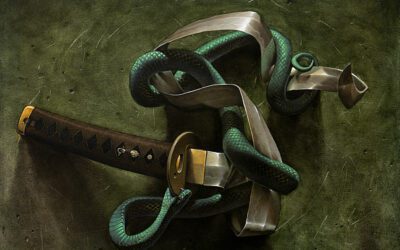

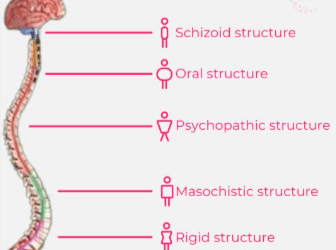


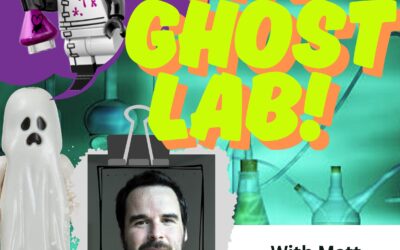

0 Comments